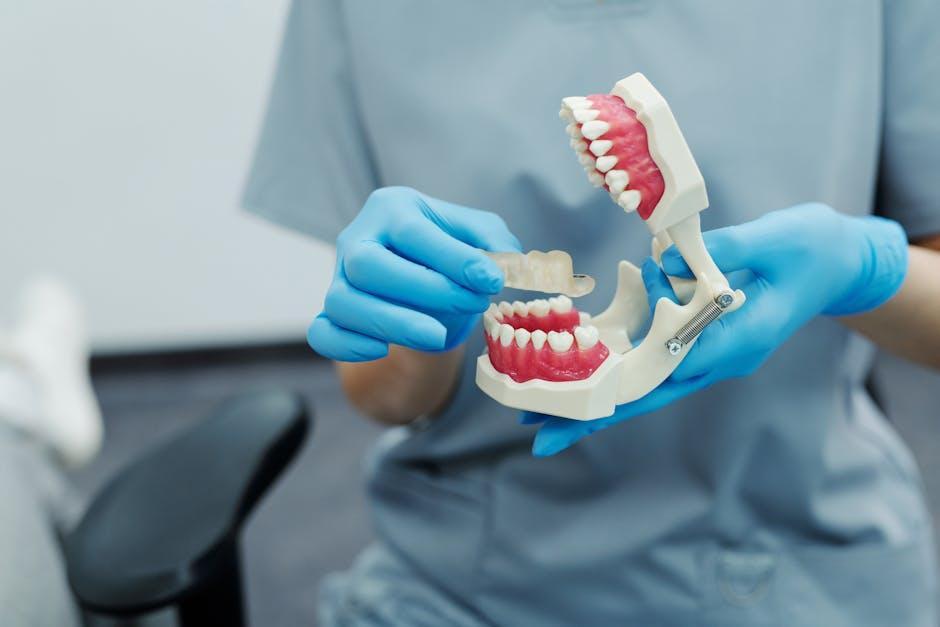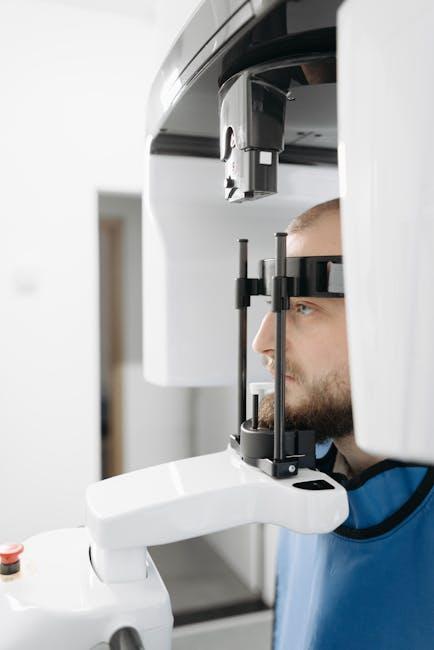
Is this the End for Dental Technicians? Exploring the Future of Dentistry UK
The world of dentistry in the UK is rapidly evolving, bringing exciting advancements and unprecedented challenges. Among those most affected by these changes are dental technicians — skilled professionals who craft dental prosthetics, crowns, dentures, and more. But with automation, digital dentistry, and shifting industry demands, many are asking: Is this the end for dental technicians? In this comprehensive article, we will dive into the current landscape of dental technology jobs in the UK, analyse emerging trends, and shed light on what the future holds for dental technicians.
Understanding the Role of Dental Technicians in the UK
Dental technicians play a crucial behind-the-scenes role in dental care. Their expertise lies in designing, constructing, and repairing dental appliances that improve patient smiles and oral health. Key responsibilities include:
- Creating dentures, crowns, bridges, and orthodontic devices
- Collaborating closely with dentists and dental surgeons for custom fittings
- Ensuring quality control and precision in dental restorations
- Utilising both traditional craftsmanship and modern dental materials
The UK boasts a strong workforce of dental technicians employed in labs, hospitals, and private practices. According to the National Healthcare Association (NHA), there are approximately 8,000 to 10,000 registered dental technicians working across the country today.
Key Challenges Facing Dental Technicians Today
Despite their importance, dental technicians face growing headwinds. Several factors contribute to concerns about the profession’s stability:
- Automation & Digital Dentistry: The rise of CAD/CAM (computer-aided design and manufacturing) technology automates many manual tasks previously done by technicians.
- Cost Pressures: NHS budget cuts and dentist cost-saving measures have reduced demand for bespoke dental lab services.
- Skill Shortages & Training: New talent is becoming harder to attract as younger generations question the future of the profession.
- Changing Patient Expectations: Faster, digitally produced dental appliances are increasingly preferred in private clinics.
How Technology is Reshaping Dental Technician Roles
Modern digital tools both threaten and enhance the dental technician’s role. Let’s explore some key technological trends:
CAD/CAM and 3D Printing
CAD/CAM systems enable technicians to design crowns and bridges digitally, then manufacture them using milling machines or 3D printers. This technology:
- Reduces manual crafting time to hours instead of days
- Improves precision and consistency of dental restorations
- Requires technicians to upskill in digital design software
Intraoral Scanners
Instead of physical impressions, dentists use intraoral scanners to capture 3D images of teeth, which dental technicians receive directly. This improves turnaround times but requires tech proficiency.
Material Innovation
New biocompatible materials and resins streamline production but require technicians to learn new handling and curing processes.
Are Dental Technicians Becoming Obsolete? The Reality
It’s a misconception that technology will replace dental technicians entirely. Instead, technology is transforming their role. Here’s why:
| Myth | Reality |
|---|---|
| Robots will replace all dental technicians | While automation handles repetitive tasks, expert craftsmanship and quality control remain human strengths. |
| Digital dentistry eliminates technician jobs | Technicians are evolving to become digital designers, requiring new skills rather than losing jobs. |
| NHS cost cuts mean less work | Private sector demand and specialised cosmetic dentistry create new opportunities. |
Benefits of Embracing New Technologies for Dental Technicians
Technological adoption brings several benefits to forward-thinking technicians:
- Increased Efficiency: Digital tools streamline workflows, allowing more work to be done faster.
- Higher Quality Outputs: Precision manufacturing reduces errors and remakes.
- Expanded Skill Set: Learning CAD/CAM and design software boosts career prospects.
- Improved Patient Outcomes: Custom-fit, comfortable dental solutions enhance patient satisfaction.
Practical Tips for Dental Technicians Staying Relevant
If you’re a dental technician worried about your future, here are proactive steps to future-proof your career:
- Invest in Your Education: Take courses in digital dental technologies, CAD software, and 3D printing.
- Stay Updated on Industry Trends: Follow professional bodies like the NHA and dental tech forums.
- Network: Connect with dentists and labs adopting modern workflows for collaboration opportunities.
- Embrace Flexibility: Develop skills in related areas such as dental ceramics or cosmetic dental restorations.
- Seek Certification: Obtain recognised qualifications to boost credibility.
Case Study: Transitioning to Digital Dentistry at a UK Dental Lab
BrightSmile Dental Lab, based in Manchester, faced declining demand using traditional analogue methods. They invested in CAD/CAM milling machines and trained their technicians in 3D design software. Within a year:
- Their production capacity doubled
- Customer satisfaction increased due to faster turnaround
- Employee morale rose as technicians gained new, in-demand skills
This proactive shift secured their business’s future and enhanced technicians’ career satisfaction.
First-hand Experience: A Dental Technician’s Perspective
Sarah Matthews, a dental technician with over 15 years experience, shares her journey:
“At first, I was worried digital dentistry might make my skills obsolete. But embracing CAD/CAM has revitalised my passion. I now design prosthetics digitally, collaborate more closely with dentists, and feel more indispensable than ever. It’s about adapting and growing with the industry.”
Summary Table: Challenges vs Opportunities for UK Dental Technicians
| Challenges | Opportunities |
|---|---|
| Automation may reduce manual work | Upskilling in digital design and technology |
| Pressure from NHS budget cuts | Expanding private cosmetic dentistry market |
| Recruitment and retention difficulties | Higher earning potential with specialist skills |
| Traditional skillsets becoming outdated | Hybrid roles blending craftsmanship and technology |
Conclusion: The Future is Evolving, Not Ending for Dental Technicians
The question, “Is this the end for dental technicians?” can be confidently answered with a no — but with a vital caveat. The dental technician profession in the UK is undergoing substantial transformation. Far from disappearing, dental technicians need to evolve, embracing digital tools and new technologies to remain indispensable in modern dentistry.
With adaptable skills, continuous learning, and proactive approaches to industry changes, dental technicians can look forward to a dynamic and rewarding future. Dentistry UK will continue to support and champion these vital professionals through resources, training, and advocacy.
For those passionate about dentistry and technology, now is an excellent time to build a future-proof career as a dental technician in the UK.


